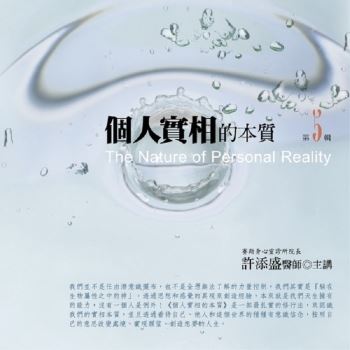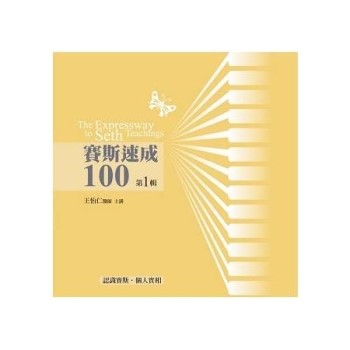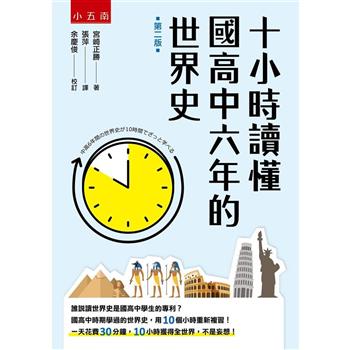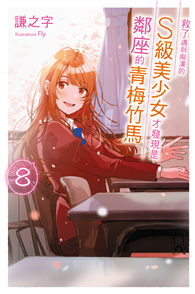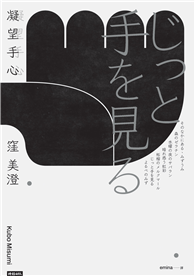The enigmatic and richly illustrative tarot deck reveals a host of strange and iconic mages, such as The Tower, The Wheel of Fortune, The Hanged Man and The Fool: over which loom the terrifying figures of Death and The Devil. The 21 numbered playing cards of tarot have always exerted strong fascination, way beyond their original purpose, and the multiple resonances of the deck are ubiquitous. From T S Eliot and his ’wicked pack of cards’ in "The Waste Land" to the psychic divination of Solitaire in Ian Fleming’s "Live and Let Die"; and from the satanic novels of Dennis Wheatley to the deck’s adoption by New Age practitioners, the cards have in modern times become inseparably connected to the occult. They are now viewed as arguably the foremost medium of prophesying and foretelling. Yet, as the author shows, originally the tarot were used as recreational playing cards by the Italian nobility in the Renaissance. It was only much later, in the 18th and 19th centuries, that the deck became associated with esotericism before evolving finally into a diagnostic tool for mind, body and spirit.
This is the first book to explore the remarkably varied ways in which tarot has influenced culture. Tracing the changing patterns of the deck’s use, from game to mysterious oracular device, Helen Farley examines tarot’s emergence in 15th century Milan and discusses its later associations with astrology, kabbalah and the Age of Aquarius.
| FindBook |
有 1 項符合
A Cultural History of Tarot: From Entertainment to Esotericism的圖書 |
 |
A Cultural History of Tarot: From Entertainment to Esotericism 作者:Farley 出版社:Bloomsbury Academic 出版日期:2019-08-22 語言:英文 規格:平裝 / 288頁 / 23.4 x 15.5 x 1.5 cm / 普通級 |
| 圖書館借閱 |
| 國家圖書館 | 全國圖書書目資訊網 | 國立公共資訊圖書館 | 電子書服務平台 | MetaCat 跨館整合查詢 |
| 臺北市立圖書館 | 新北市立圖書館 | 基隆市公共圖書館 | 桃園市立圖書館 | 新竹縣公共圖書館 |
| 苗栗縣立圖書館 | 臺中市立圖書館 | 彰化縣公共圖書館 | 南投縣文化局 | 雲林縣公共圖書館 |
| 嘉義縣圖書館 | 臺南市立圖書館 | 高雄市立圖書館 | 屏東縣公共圖書館 | 宜蘭縣公共圖書館 |
| 花蓮縣文化局 | 臺東縣文化處 |
|
|
圖書介紹 - 資料來源:博客來 評分:
圖書名稱:A Cultural History of Tarot: From Entertainment to Esotericism
內容簡介
作者簡介
Helen Farley is Lecturer in Studies in Religion and Esotericism at the University of Queensland. She is editor of the international journal Kthonios: A Journal for the Study of Religion and has written widely on a variety of topics and subjects, including ritual, divination, esotericism and magic.
|

